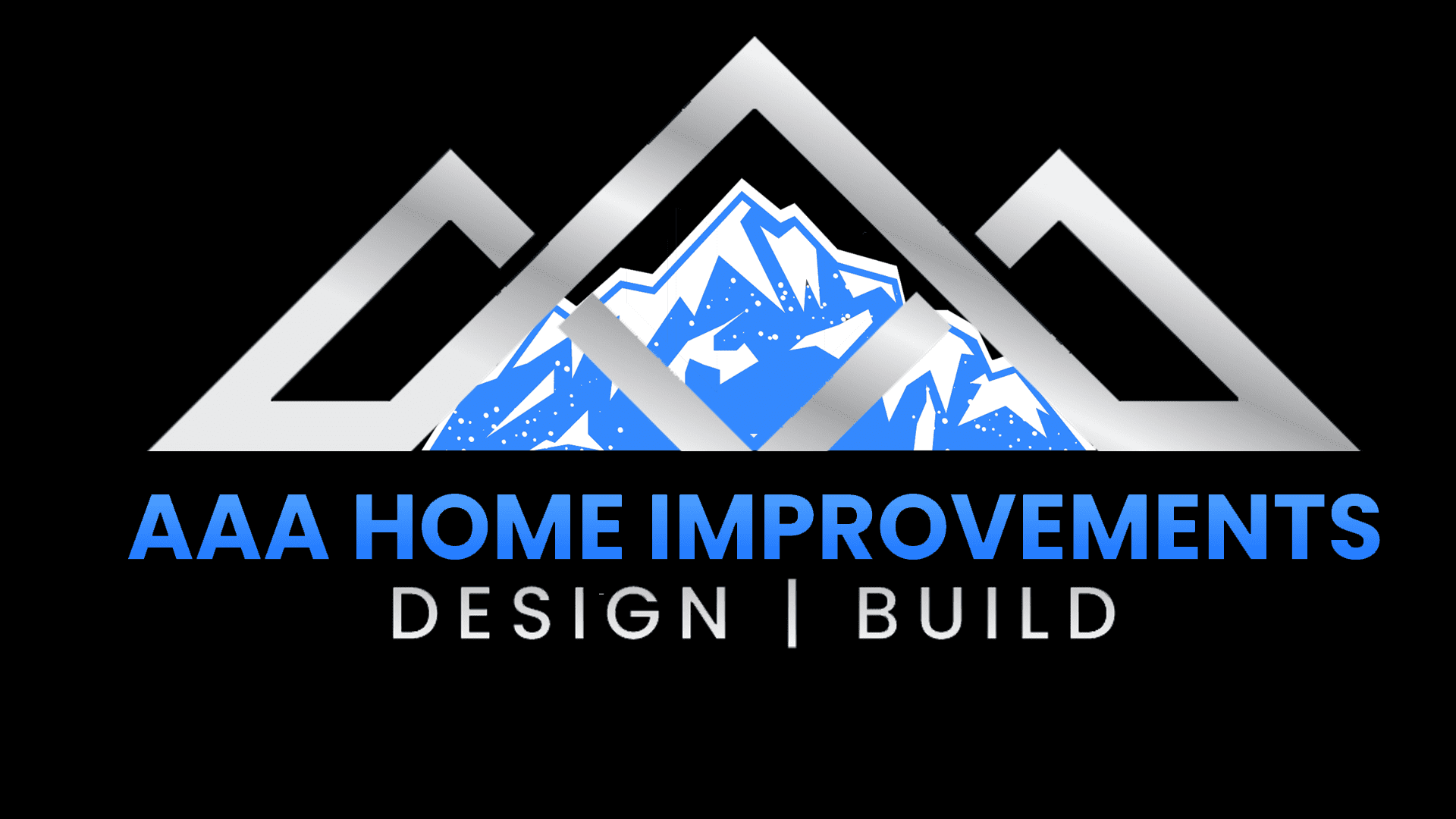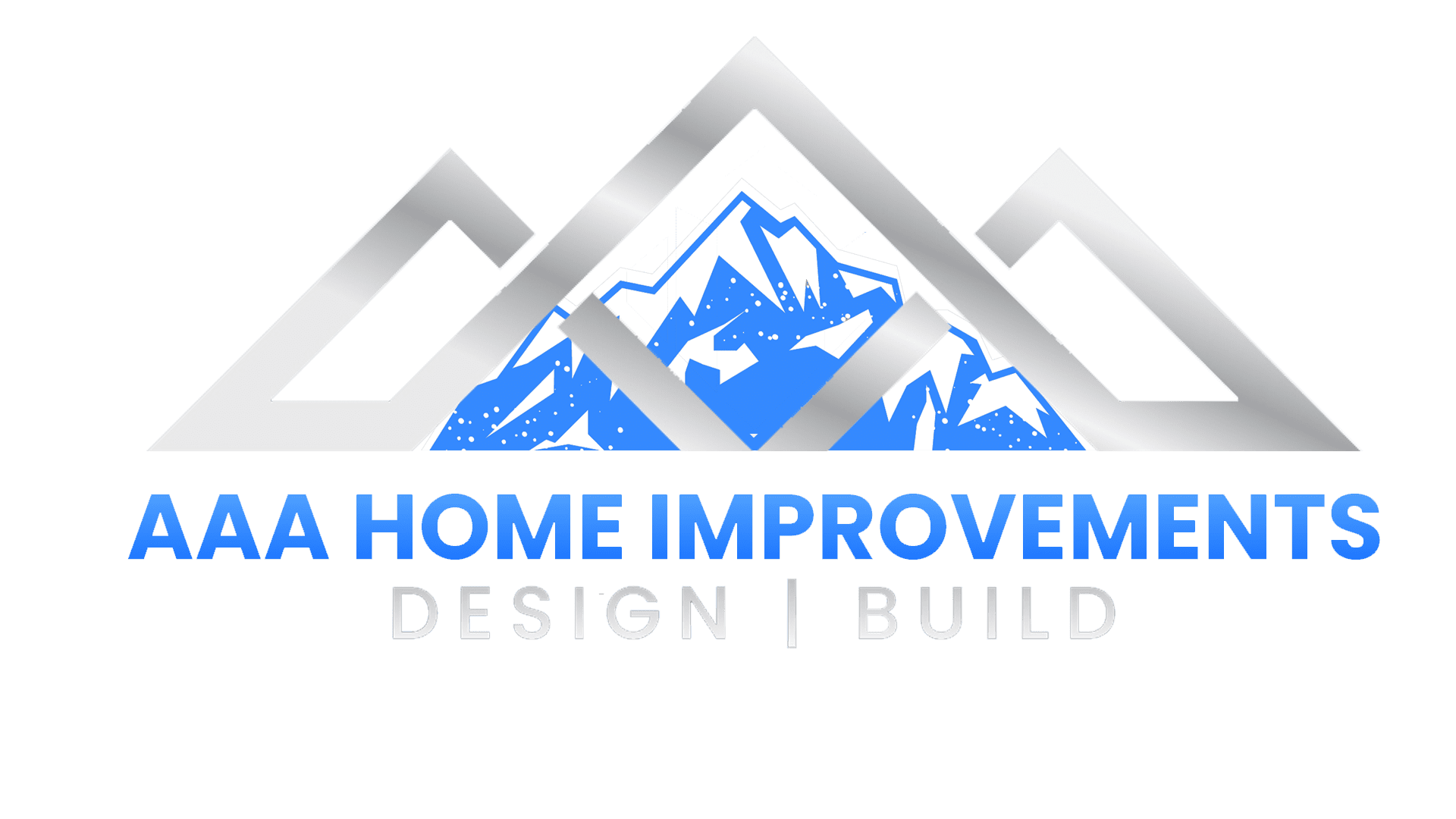Unlocking the Potential of ADUs: What You Need to Know in Colorado
Imagine turning your backyard into a space that offers more than just curb appeal—think extra living quarters, a rental unit, or a cozy retreat for family. Accessory Dwelling Units (ADUs) in Colorado are transforming homes and lives by adding both value and versatility. Whether you’re eyeing a boost in property value or planning for multigenerational living, ADUs bring a world of possibilities. Ready to explore what’s possible for your home? Contact us today for a complimentary consultation and discover how an ADU can enhance your property and lifestyle.
Understanding ADUs in Colorado

As the demand for housing options grows, Accessory Dwelling Units (ADUs) have become a popular choice in Colorado. These units offer flexible living spaces and enhance property value. Understanding how ADUs work in this state is essential for homeowners considering this home expansion.
What is an Accessory Dwelling Unit?
An Accessory Dwelling Unit (ADU) is a secondary housing unit located on the same property as a main residence. These structures come in various forms, such as detached apartments, basement suites, or converted garages.
ADUs offer a practical solution for those needing additional space. They can serve as rental units, guest accommodations, or even a private retreat for family members. The versatility of ADUs makes them an attractive option for homeowners seeking to maximize their property use.
For a detailed understanding of ADUs in Colorado, you can refer to resources like the Colorado Department of Local Affairs or Boulder County’s guidelines.
How ADUs Work in Colorado
In Colorado, ADUs must comply with specific zoning regulations. These regulations determine where and how ADUs can be constructed. Local governments have zoning laws that vary significantly, so understanding these before starting construction is crucial.
-
Zoning Requirements: Check local zoning laws to ensure ADUs are permitted on your property. Some areas require large lots, while others have more lenient rules.
-
Permits and Applications: Acquire necessary permits, which might include site plans and construction details. The Denver County application forms are a good example.
-
Construction and Inspection: After obtaining permits, proceed with construction. Regular inspections ensure compliance with building codes.
For more specific guidelines, explore Denver ADU resources to understand local requirements.
Benefits of ADU Construction

Building an ADU offers several advantages beyond just additional living space. This section explores how ADUs can increase property value and provide solutions for multigenerational living.
Boosting Property Value
An ADU can significantly boost your property’s value. By adding a separate living space, you create additional income potential and enhance the overall appeal of your home.
-
Increased Rental Income: Renting out an ADU can provide a steady income stream, helping to offset mortgage costs.
-
Property Appeal: Homes with ADUs are attractive to buyers seeking rental income opportunities or extra space for family.
-
Investment Return: Well-designed ADUs can offer a high return on investment, making them a smart choice for homeowners.
Research shows that properties with ADUs often sell faster and for higher prices, as they cater to a broader market.
Multigenerational Living Solutions
ADUs are an excellent solution for multigenerational living, allowing family members to live close while maintaining privacy.
-
Family Proximity: Keep family members nearby without sacrificing independence.
-
Cost-Effective: Avoid the high costs associated with separate living arrangements for seniors or young adults.
-
Flexible Use: Adapt the space as family needs change over time.
ADUs create a harmonious living environment that supports family cohesion and flexibility.
Navigating Denver Home Improvements

When considering ADU construction in Denver, navigating local zoning regulations and finding the right construction services is crucial. This section provides guidance on these critical steps.
Zoning Regulations and Permissions
Navigating zoning regulations is a key step in ADU construction. Understanding local laws can prevent costly errors and delays.
-
Research Local Laws: Each area has unique zoning laws that affect ADU construction. Start by consulting local planning departments.
-
Apply for Necessary Permits: Secure the required permits by providing detailed plans and specifications. Missteps here can lead to project delays.
-
Work with Experts: Consider hiring a professional familiar with Denver’s zoning laws to guide you.
For more information, refer to local government resources to ensure compliance.
Tailored ADU Construction Services
Choosing the right construction service is vital for a successful ADU project. Tailored services ensure your ADU meets your specific needs and complies with local regulations.
-
Custom Design: Work with designers who understand your vision and can tailor the ADU to fit seamlessly with your existing property.
-
Quality Craftsmanship: Select builders with a track record of delivering high-quality structures.
-
Project Management: Ensure efficient project management to keep the construction on time and within budget.
For more insights on ADU construction services in Colorado, check out Colorado Springs’ resources to find the right professionals.
By understanding ADUs and navigating the construction process effectively, you can expand your living space and enhance your property’s appeal. 🏡




